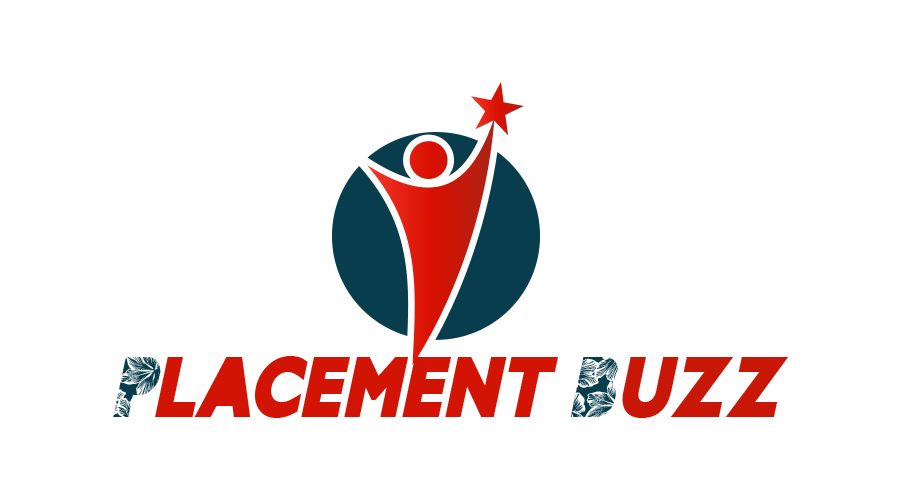Introduction
Creatine is one of the most popular supplements used by athletes, bodybuilders, and fitness enthusiasts to enhance performance and build muscle. But what happens when you stop taking creatine? This blog will explore the effects of discontinuing creatine, how it impacts your body, and what you can expect during the transition.
Immediate Effects of Stopping Creatine
- Reduction in Water Weight: One of the first things you’ll notice when you stop taking creatine is a reduction in water weight. Creatine causes your muscles to hold onto water, making them look fuller. When you stop taking it, your body will shed this excess water, which can lead to a slight decrease in muscle size and weight. This is not a loss of muscle mass, just the water retention that creatine facilitates.
- Decrease in Phosphocreatine Levels: Creatine helps increase the levels of phosphocreatine in your muscles, which is used to produce ATP, the energy currency of cells. When you stop supplementing with creatine, your phosphocreatine levels will gradually return to their baseline levels. This process typically takes about 2-4 weeks.
Performance Changes
- Slight Decrease in Strength and Endurance: Creatine is known for enhancing strength and endurance during high-intensity exercise. Without it, you may experience a slight drop in performance. This could mean lifting slightly less weight or performing fewer reps than when you were on creatine. But, this decrease is usually minor and can be reduced with proper training and nutrition.
- Reduced Recovery Rate: Creatine Monohydrate helps with muscle recovery by reducing cell damage and inflammation. When you stop taking it, you might notice that your muscles take a bit longer to recover from intense workouts. This might mean more muscle soreness and longer rest periods between workouts.
Long-Term Effects
- Maintenance of Muscle Mass: One of the common concerns is losing muscle mass when stopping creatine. The good news is that as long as you maintain a proper diet and continue to exercise regularly, you won’t lose the muscle mass you’ve gained. The initial reduction in muscle size is mainly due to the loss of water weight, not actual muscle tissue.
- Natural Creatine Production: Your body naturally produces creatine, and stopping supplementation will not hinder this process. Your muscles will still have creatine, just not at the elevated levels that supplementation provides. Your body will adjust back to its normal creatine production levels without any long-term adverse effects.
Tips for Transitioning Off Creatine
- Maintain a Balanced Diet: Ensure you are consuming enough protein and other essential nutrients to support muscle maintenance and recovery. Foods like meat, fish, eggs, and dairy products can help provide the necessary nutrients your body needs.
- Stay Hydrated: Since you will be losing water weight, it’s essential to stay hydrated. Drink plenty of water throughout the day to support overall health and muscle function.
- Adjust Your Workout Routine: You might need to adjust your workout intensity and volume slightly as your body adapts to the lower levels of creatine. Focus on maintaining proper form and gradually increase your intensity as your body adjusts.
- Monitor Your Progress: Keep track of your performance and how your body feels during this transition. If you notice significant decreases in strength or endurance, consider incorporating other supplements or adjusting your training regimen.
Final Thoughts
Stopping creatine supplementation can lead to some changes in your body, primarily related to water weight and slight decreases in performance. But, these effects are generally mild and temporary. With the right approach to diet, hydration, and exercise, you can maintain the muscle mass and strength you’ve gained while using creatine.


